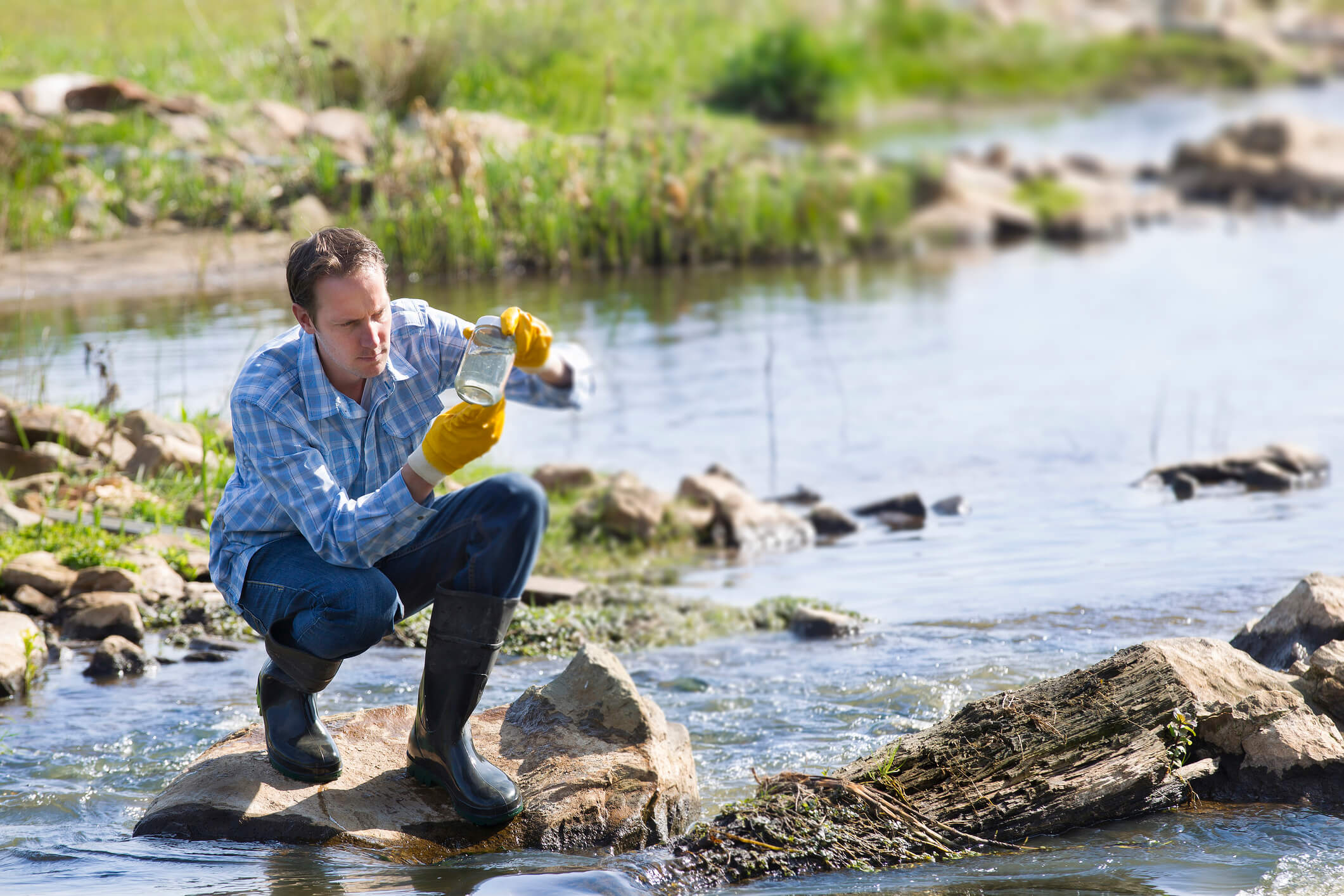Ocean Life Meeting Series
Overall Course Objectives
In order to design and evaluate trait-based analyses and models of life in the ocean it is essential to understand the key concepts and methods within a wide range of research disciplines: theoretical ecology, marine ecology, ecological modelling, fluid mechanics, dynamics systems, as well as understanding the life strategies of the major forms of marine life, from viruses to whales. The general objective of this course is for the student to gain the understanding of these concepts, methods and life strategies through discussion of selected articles and research.
Learning Objectives
- Determine suitable traits that describe the diversity of specific groups of marine life
- Formulate appropriate trade-offs between traits and suggest methodologies to quantify the trade-offs
- Formulate appropriate fitness criteria
- Relate own research within a specific group of organisms to the entire diversity of marine life
- Discuss issues driving the front of marine ecological research and ability to relate own research to these issues
- Describe the methodology in theoretical ecology
- Describe experimental and computational techniques within fluid mechanics of low Reynolds numbers flows
- Describe various ecological modelling techniques: differential equation models, partial differential equations models, individual-based models, and being able to evaluate which is most appropriate to address an ecological question
- Present and give critique on a specific research plan
- –
- –
- –
Course Content
The articles are selected by the participants. Classical as well as recent topics will be taken up. The background is described on the “Ocean Life” homepage: https://www.oceanlifecentre.dk/-/media/Sites/OceanLife/background/Proposal-for-the-extension-of-Centre-for-Ocean-Life.ashx
Each session further features a special topic where students take turns to make 5 minutes of presentation (one presentation per session). Examples of former semester topics: “Pixar rules for writing”, “Show a beautiful figure”, “100 questions in ecology”.
Teaching Method
Informal discussion of selected articles and research presented by the participants.
Faculty
Remarks
The focus on interdisciplinary competences implies that the level of acquisition of the specific learning objectives will depend on the starting point of the student. Students from, e.g. physics, will most likely start with next to zero knowledge on marine ecology, while they would already be familiar with fluid mechanics and dynamics systems; while students with a biology background would already be familiar with ecology, but most likely not with fluid mechanics and dynamics systems.
The specific contents, the topics and articles discussed, vary from semester to semester, so there is no repetition in the specific contents.
Participation is awarded 1.5 ECTS per semester, up to a maximum of 5 ECTS in total.




